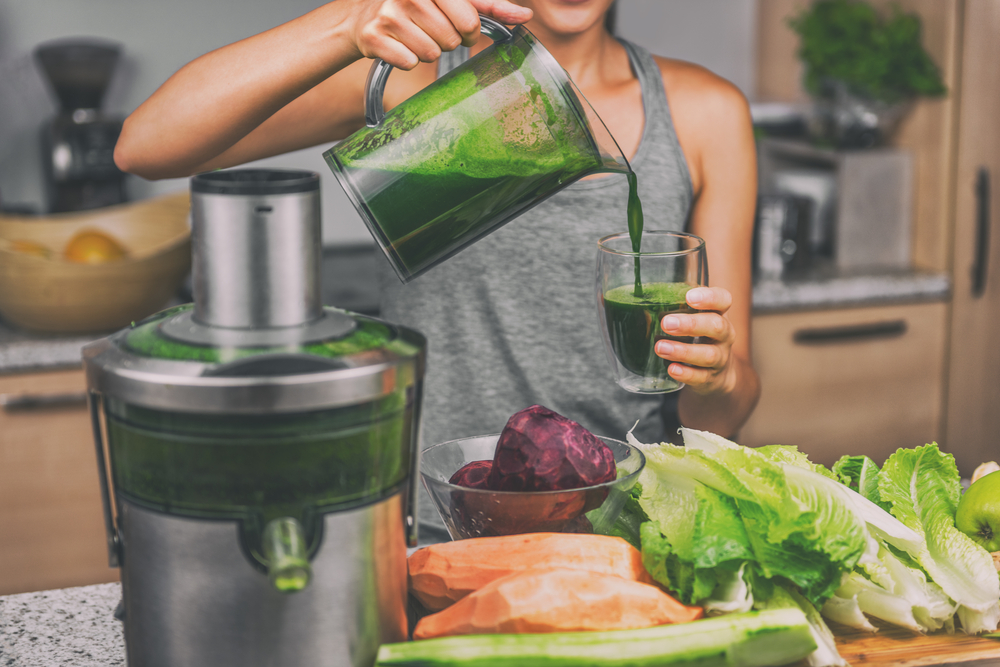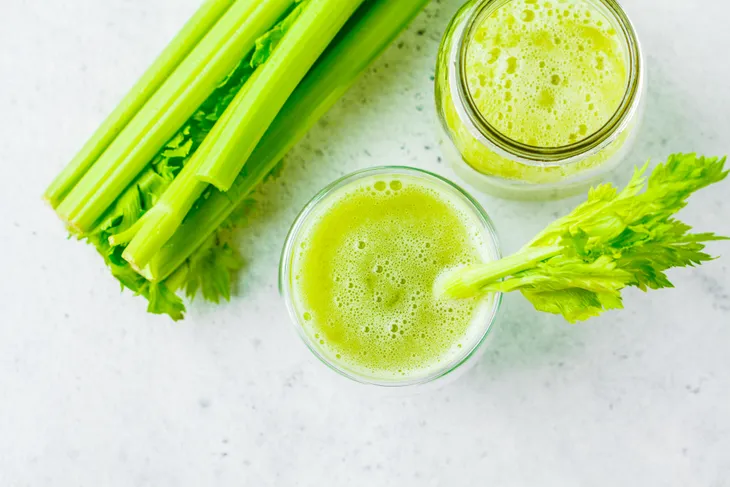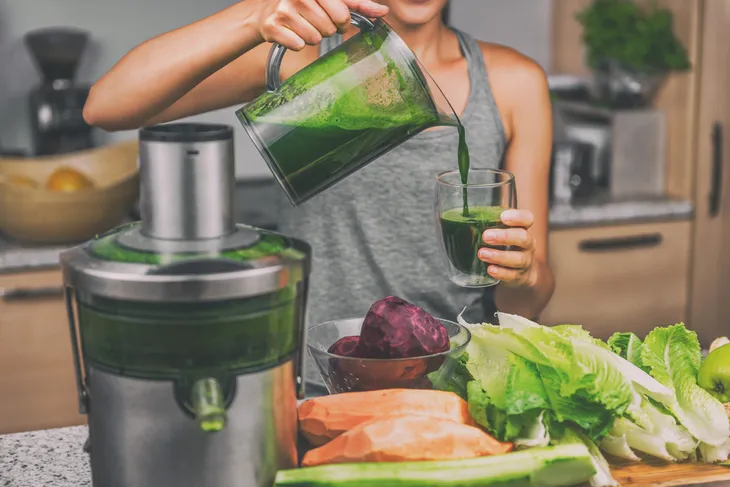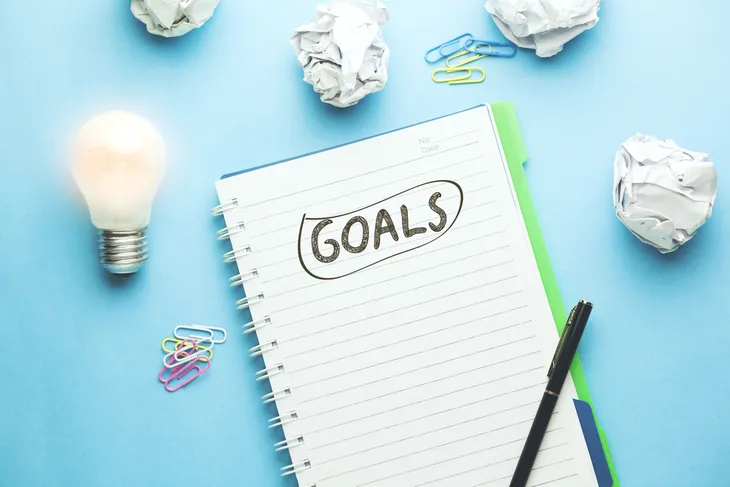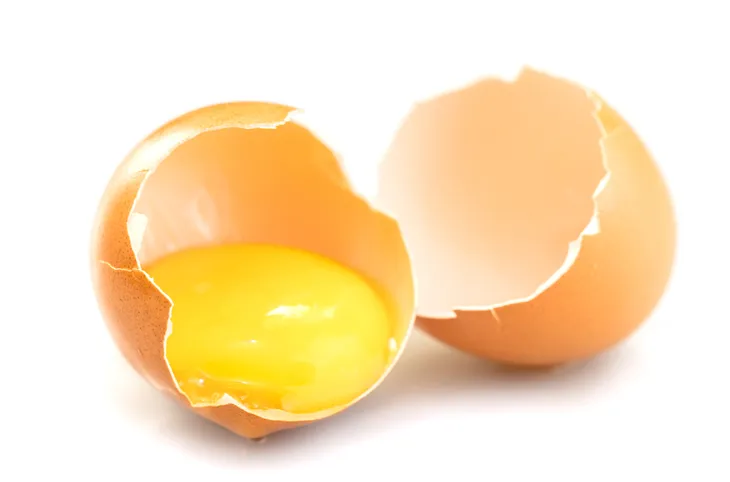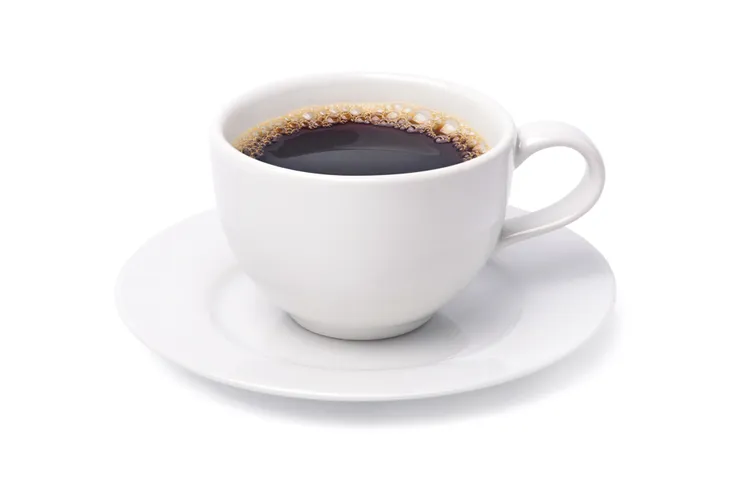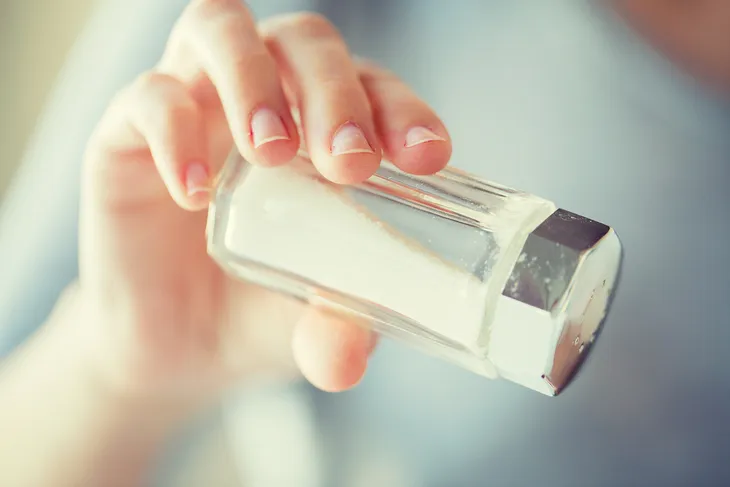When it comes to food misnomers, nutritionists and health experts count these widespread little bites of fiction among the most prevalent, confusing, and downright dangerous.
The following 8 erroneous nutritional and fitness facts have zero scientific support, and we have the facts from the experts to back it up. So before you gobble up these myths at face value and incorporate them in your own daily life, we’ll show you how they actually stall weight-loss and evade authentic health efforts…
Myth 1: Negative Calorie Foods
A little bird may have told you to munch on celery or iceberg lettuce because digesting these veggies burns more calories than the actual vegetable provides—but do you actually believe the hype?
The urban myth around so-called “negative calorie foods” is based on an actual proven scientific effect, known as the Thermic Effect of Food (or TEF), which ranges in percentage from 10- to 20-percent concerning the amount of energy expended by the body to digest any given food. So if the TEF maxes out at 20-percent, you can only, realistically, burn 20-percent of the total caloric value of any food you eat. That means the idea that digesting food could put you at a deficit as far as caloric intake is illogical.
Myth 2: Fat Transforms to Muscle, Muscle Becomes Fat
Considering that muscle and fat are made up of entirely different types of tissues, your personal trainer is misinformed when he or she tells you one more rep will turn your flabby parts into bulging (in a good way) parts. Many fear if they stop working out due to an injury all of the muscle they’ve built will transform wickedly into mush.
The truth of the matter, according to Doctor Mary Jayne Johnson, Exercise Physiologist and Spokesperson for the American Council on Exercise, is that muscle can’t possibly turn into fat and vice versa…unless you believe that Rumpelstiltskin did, in fact, spin straw into gold. However, she points out that if you stop working your muscle mass can decrease, and the same rule applies if you eat more calories without exercising—your fat tissue can increase. Dr. Johnson does leave us with one authentic body wonder: the more lean muscle mass you have—the faster you will burn body fat!
Myth 3: Detox = Juice Cleanse
Supermodel, Naomi Campbell, and superstar, Beyoncé, were both reputed to sip 600-calorie-per-day diets consisting of lemon infused water with maple syrup and cayenne pepper on the advice of “fitness gurus” in order to shed pounds. It’s no wonder why many North Americans think a juice cleanse (i.e., Master Cleanse) is the only way to detox and lose weight successfully. The idea behind a juice cleanse is to give your gastrointestinal tract a break from solid food, by using liquids to flush toxic sludge from your body and speed up metabolism.
However, Cardiologist Isadore Rosenfeld, Doctor of Clinical Medicine at Weill Cornell Medical College, in New York City, claims that deprivation diets are just that, a form of starvation that will leave you irritable, famished, exhausted. A detox can take the form of an elimination type diet—one where you limit processed foods, caffeine, alcohol, and refined sugars and increase your intake of whole foods (i.e., fresh fruits and vegetables).
Myth 4: It Takes 21 Days to Break Bad Habits and Establish Healthy Habits
The perplexing thing about being human is that we are all individual beings when it comes to preference, determination, and predictability. That’s why it’s no surprise that a 2010 research study, entitled How Are Habits Formed: Modeling Habit Formation in the Real World and published in the European Journal of Social Psychology, found that no miracle time frame can be attributed to establishing healthy habits and breaking bad ones.
The differing studies suggest that individuals face challenges, establish new routines, and withstand temptation differently across the board, meaning that time duration widely differs and no magical one-size-fits-all time frame can be applied to creating new habits and breaking bad habits.
Myth 5: Eat Small, Frequent Meals to Speed Metabolism
We’ve all heard the claim that rather than eating 3 larger meals each day, consuming 5 to 6 smaller, more frequent meals will fan the metabolism flames. However, a research study published in the National Institutes of Health uncovered that regardless of if you eat twice daily or 6 times per day, the exact same effect on total calories burned applies.
While eating smaller, more frequent meals may ensure more balanced blood sugar levels throughout the day—a study published by the American Journal of Cancer found that eating meals more frequently increased the risk of colorectal cancer. It makes sense when you consider that with each meal, the gallbladder releases bile acids to aid digestion, thus exposing the intestines to bile acids and wear more frequently.
Myth 6: Egg Yolks Increase Cholesterol
Cholesterol has been printed and waved on a giant, red warning flag when it comes to trending health news, which makes whole eggs (with yolks) have become a suspected culprit for increased risk of heart attack, stroke, and cardiovascular disease. However, even though egg yolks are high in cholesterol (a single egg contains 212-milligrams and over half of the recommended daily limit), according to the American Heart Association, eggs are one of the most nutritious foods on the planet. A single, whole egg contains healthy fats, protein, vitamins B12, B2, B6, and B5, folate, vitamin A, selenium, vitamin D, vitamin E, vitamin K, zinc, calcium, and phosphorus, which, you must admit, is quite amazing!
Not only that, egg yolks are high in “good” cholesterol (or High Density Lipoprotein cholesterol), which has very little effect on cholesterol in the blood and heightened risk of heart disease (unless you’re diabetic or told otherwise by your doctor).
Myth 7: Coffee is Unhealthy
I was relieved to finally uncover the truth behind this myth—because honestly, not much can come between me and my morning coffee. Despite the fact that java is rich in caffeine, a cup of coffee actually holds many healthy benefits. Firstly, coffee is a rich source of cancer-blasting antioxidants for North Americans, according to a 2004 study, published by The American Society for Nutritional Sciences.
And if that wasn’t convincing enough, 2012 research published in the New England Journal of Medicine found that regular coffee sipping reduced the rates of Alzheimer’s and Parkinson’s disease, type 2 diabetes, and depression, linking the magical brew to extended longevity.
Myth 8: Sea Salt vs. Table Salt
Do you sprinkle from a container of Himalayan pink rock salts mined from the Khewra Salt Mine, in Pakistan? Or do you cover your potatoes in regular old sodium chloride (aka: table salt)?
Regardless of the rumors, both contain the same amount of sodium (roughly 2,300 milligrams per tablespoon) although table salt contains iodine where sea salt does not. And although shilling out for the gourmet sea salt may add a lot more briny flavor—resulting in less salt use overall—neither type of salt contains enough of any one beneficial mineral to make it the healthier option. In fact, researchers from Boston University point out that iodine deficiency can pose a serious risk of growth and brain impairments, as well as goiter to pregnant women, which means a little sprinkle of table salt in your food, once in a while, won’t do you any harm.
